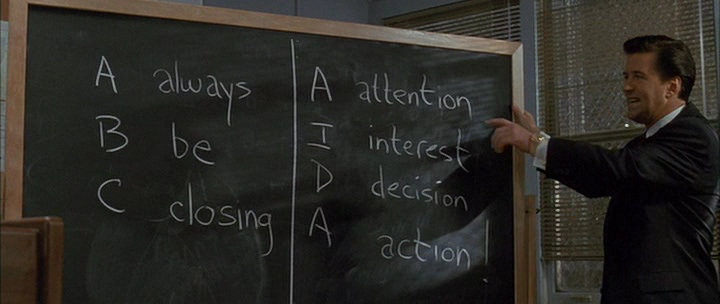- Joined
- Jan 28, 2011
- Messages
- 99,592















Tags: Age of Decadence; Iron Tower; Vault Dweller
Over at a site called ePressDesk, there's an interview about The Age of Decadence with Iron Tower Studio maestro Vault Dweller. Here's an excerpt:
I like that personal angle. It's not something you see often.
Over at a site called ePressDesk, there's an interview about The Age of Decadence with Iron Tower Studio maestro Vault Dweller. Here's an excerpt:
EPressDesk: Are there any classes that are unique to Age of Decadence? Which class to you enjoy playing the most and why?
Iron Tower: Not sure about unique, but we do have ‘classes’ that you don’t see every day – grifter (a con artist), merchant (the art of manipulation), loremaster (tinkering with ancient artifacts), praetor (diplomat/assassin/agent).
I enjoy the thieves’ questline the most because of the variety of options and build types. While all questlines offer flexibility and options, the very nature of the thieves’ quests supports different options and approaches like no other.
For example, in one of the quests you need to hijack a shipment of gold. You can attack the guards, you can rig up some explosives using black powder, you can steal a ring, forge some documents, and impersonate a high ranked merchants’ guild’s official, ordering the guards to divert the shipment and then try to steal the gold from under them , etc.
EPressDesk: When playing Age of Decadence it does not take long for the player to realize there is a big emphasis on dialog and making choices. How much freedom does the player have with the actions that they choose throughout the game?
Iron Tower: Within the multiple and interwoven storylines – quite a lot. Obviously, you can’t choose to leave the story, settle down and start growing flowers, but within the story everything is fair game. You can change the playing board in different ways leaving your mark. You can remove people from the board like you would a chess piece and see the effect, you can set plans to restore the Empire in motion, you can throw the land into chaos, you can bring and influence a new religion or you can end it before it even begins, you can even end the world being too busy working your way up to stop and think what the hell you’re doing.
You can even choose to be that guy that adventurers in other games are trying to stop.
EPressDesk: What setting does the game take place in?
Iron Tower: Pseudo-Roman. It’s inspired by the fall of the Roman Empire, but takes it a bit further. The pre-fall level of technology was fairly high due to the use of magic. The magic played the role of the steam engine which started the industrial revolution, so it’s less about shooting fireballs out of your arse and more about providing an alternative energy source.
The fall was caused by a war to end all wars and reckless use of powerful artifacts. What’s left of the empire was too weak to recover and thus it collapsed like an AT-AT walker. The in-game events start a few centuries later, when the Empire, the war, and the good ol’ days are nothing but a distant memory.
EPressDesk: In terms of the story and characters what inspirations did you draw from?
Iron Tower: Real life. While the story takes place in a fantasy world, the characters, their motivations, and actions are fairly realistic. I drew a lot from my own corporate experience.
I spent the last 15 years in sales – selling, training, managing. I’ve met a lot of different people and collected a wide range of personalities, in addition to rising through the ranks from data entry to vice-president, and thus seen plenty of scheming, plotting, back-stabbing, shifting alliances, etc. It’s the kind of thing that you need to experience first-hand to truly understand, ‘appreciate’, and be able to write about.
I like that personal angle. It's not something you see often.







![Have Many Potato [2013] Codex 2013](/forums/smiles/campaign_tags/campaign_potato2013.png)
![The Year of Incline [2014] Codex 2014](/forums/smiles/campaign_tags/campaign_incline2014.png)







![Glory to Codexia! [2012] Codex 2012](/forums/smiles/campaign_tags/campaign_slushfund2012.png)


